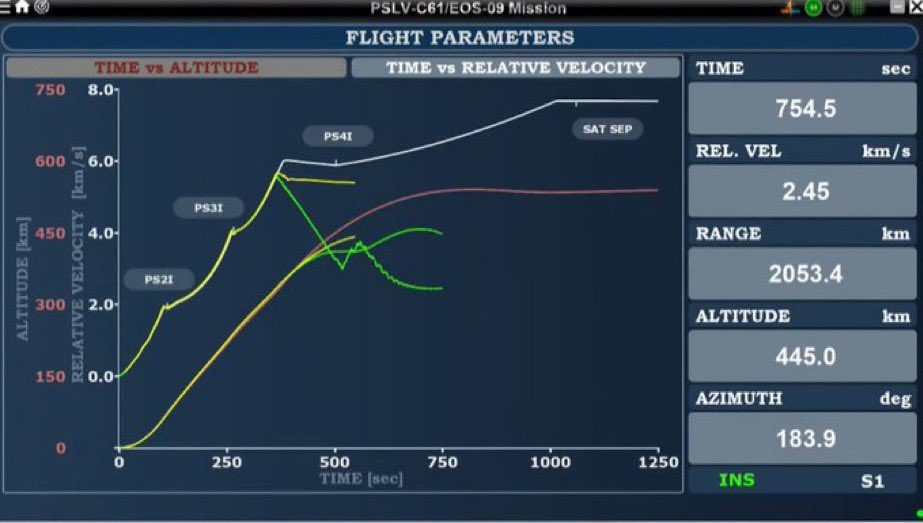The ongoing row between the United Kingdom and the European Union over the Galileo work share is becoming increasingly bitter. The argument began when the EU prevented British companies from bidding on new work for the EU-financed, ESA-developed Galileo navigation satellite system. This was done on the grounds that the UK’s planned exit from the EU should be bar UK firms from future work on the mainly EU-funded Galileo project. A particular point was made about the security implication of the UK’s continued access to the encryption technology.
According to the Financial Times, the UK has countered by threatening to prevent the encryption technology, which UK firms helped develop, from being transferred to EU-based firms. The UK government is concerned that the country’s access to the encrypted military signals of Galileo – the so-called Public Regulated Service (PRS) – might be prevented (even if this would be against joint EU-UK interest in Europe’s collective defence).
Update on 16 May: The EU’s chief Brexit negotiator, Michel Barnier, has confirmed that the UK is likely to have continued access to the Galileo system’s PRS signals, subject to further negotiations. However, he has adopted a harder line with respect to the UK participating in work-share on the Galileo project noting that, for security reasons, the encryption module manufacture will have to remain in the EU.
The EU’s apparent protectionism, partly under the guise of security and with the implied threat of the UK being denied access to the PRS (albeit that this threat is now receding), Has prompted the UK government to seriously consider building its own satellite navigation system, even though this would be very expensive.
Led by the UK Space Agency, a taskforce of government and industry specialists is developing options that will provide both civilian and encrypted signals and be compatible with the GPS system.
Greg Clark, the UK Business Secretary, said: “This taskforce will develop options for an independent satellite navigation system using the world-beating expertise of Britain’s thriving space sector. We have made our position clear to the European Commission and highlighted the importance of the UK to the Galileo programme. It is now right that we explore alternative options to ensure our security needs are met as we continue to take full advantage of the opportunities that exist in the global space sector, through our modern Industrial Strategy.”
Dr Graham Turnock, CEO of the UK Space Agency, said: “As the Government has made clear, we should begin work now on options for a national alternative to Galileo to guarantee our satellite positioning, navigation and timing needs are met in the future. The UK Space Agency is well placed to lead this work and will use a wide-range of expertise from across the space, engineering and security sectors.”
Comment by David Todd: While the move to build a Sat-Nav system (possibly in conjunction with Australia), along with the threat of holding onto Galileo’s encryption technology, may be sabre-rattling on the part of the UK ahead of any negotiations, it is a measure of the bitterness caused by this issue. The UK is rightly annoyed, given that it was a major funder of the Galileo system both via direct contributions to the project and its contributions to the EU agriculture budget which at one point had to be raided to save Galileo. The UK may ask for these Galileo contributions to be refunded as part of the Brexit negotiations.

Artist’s impression of Galileo satellite. Courtesy: ESA







